Monitoring of the legal proceedings against Vasily Muravitsky

Foto: newsbalt.ru
On 24 October 2017 preliminary hearings on the case of journalist Vasily Muravitsky, accused of treason against the state and infringement on the territorial integrity of Ukraine through journalistic activity. International Society for Human Rights experts have begun to monitor the legal proceedings.
Criminal charge. The journalist is accused of crimes laid out in four articles of the Criminal Code: treason, infringement on territorial integrity, creating a terrorist organization, and violating the equality of citizens. According to information from the Security Service of Ukraine (SBU), Vasily Muravitsky has been cooperating with Russian state media since 2014 and, as it has been requested of him, has “created biased articles” and distributed “anti-Ukrainian materials”. According to information released by the SBU in explanation of the need to detain the journalist, the websites where Muravitsky’s articles were published were administered from Russia and from territories of Ukraine not under control of the state.
The defense says that the journalist’s cooperation with Russian media was legal and that he received official compensation, paid taxes in Ukraine, and did not attempt to hide from the authorities or leave the territory of Ukraine. Cooperation with the Russian media in and of itself, according to his lawyer, is not a crime since a war has not been declared between Ukraine and Russia, nor have diplomatic and other relations been broken. The defense’s position is that Muravitsky cannot be accused of any kind of cooperation with terrorists (the accusation that arose in connection with the journalist’s alleged connections to structures situated on the territory of Ukraine that is not under control of the authorities) because the Donetsk People’s Republic and the Luhansk People’s Republic are not recognized by the international community as terrorist organizations and the Supreme Court of Ukraine also acknowledged that they are not recognized as terrorist organizations in a letter dated 25.10.2016.
Arrest. Vasily Muravitsky was arrested on 2 August 2017. The arrest took place at a maternity hospital where the defendant was for the birth of his son. Considering the fact that the journalist did not attempt to hide from the authorities whilst he was cooperating with the Russian media, his arrest at the hospital can be seen as a demonstration directed at members of the journalistic community who have contact with the Russian media. The fact that he was taken into custody as his wife was giving birth can be seen as psychological pressure on the accused as well as on his family. After Muravitsky was arrested his lawyer was not allowed to see him for two days, which is a gross violation of procedural rights.
Court proceedings. Journalists and public activists (both supporters and opponents of Vasily Muravitsky) were in the courtroom at the proceedings on 24 October. The accused, seated in a box (often referred to as “the aquarium”) had the opportunity to speak with the press and with activists present in the courtroom. On the sidelines of the hearing, it was possible to get acquainted with an impressive list of articles written by Muravitsky (including research material) in the presence of the head of the organization of journalists of the Zhitomir Region.
The defense filed a petition to change pre-trial restrictions (making reference to the Nelya Shtepa case) and to give the defendant the opportunity to be next to his lawyers during the trial. The court ordered Muravitsky to remain in custody and rejected the consideration of giving him the opportunity to be near his lawyers, justifying this decision by the fact that this is not an issue that is within the competence of the court. The International Society for Human Rights has stated many times that if someone who is accused does not have the ability to directly communicate with his lawyer throughout the entire court proceedings, he cannot be considered to be a full participant in the judicial process. ISHR experts also point out that in other cases (Vladimir Bik, Alexander Melnik) the court itself made the decision on this matter. That being said, the motivation of the court (in Muravitsky’s case) does not provide a thorough explanation in its decision to refuse the defendant the opportunity to sit next to his lawyers.
The next hearing is scheduled for 2 November. Experts from the International Society for Human Rights will continue to monitor and provide updates on these legal proceedings.
Expert Council, International Society for Human Rights



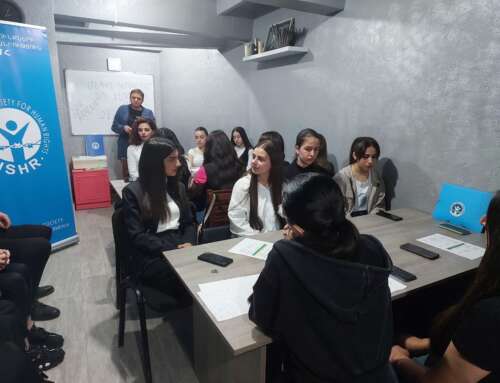
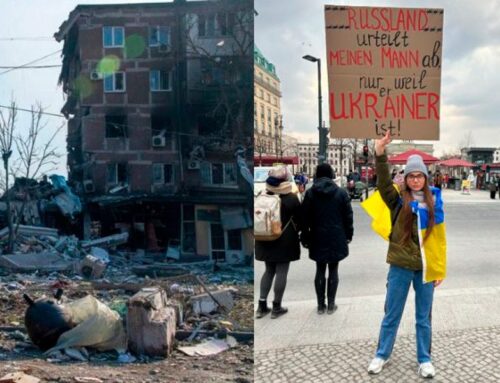
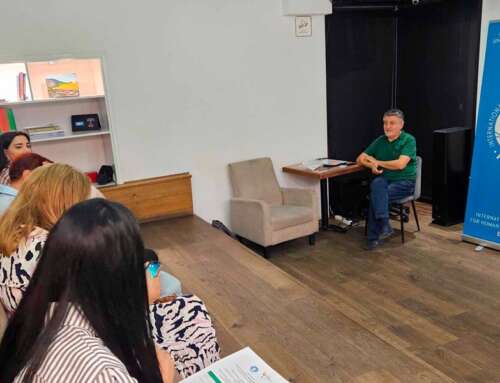
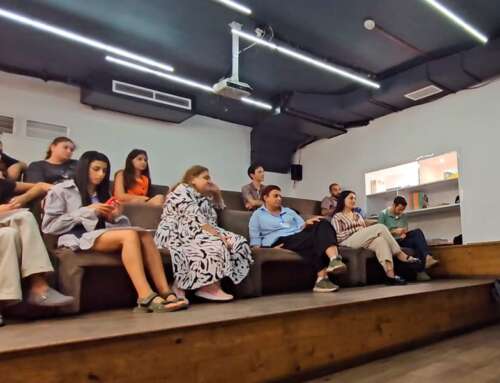
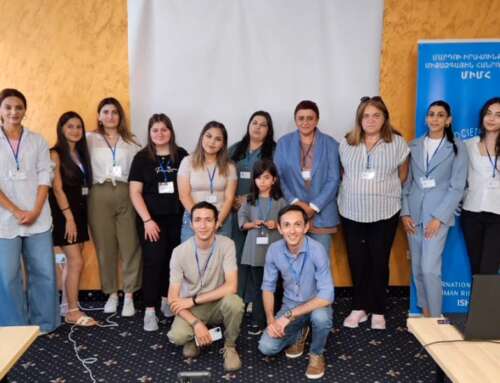
Leave A Comment